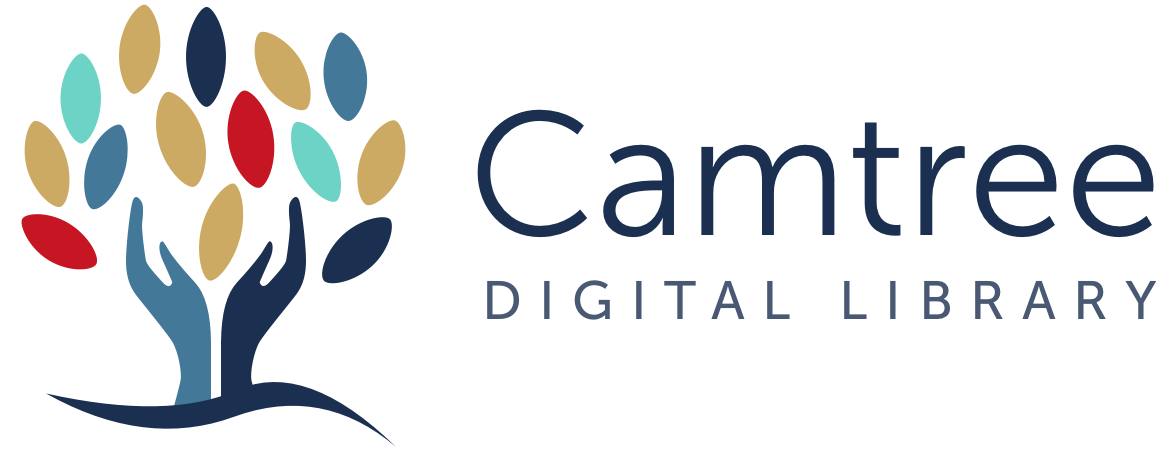Loading...
Developing Time-Management Skills with Grade 9 Students
Castro, Raquel Leandro, César Betanco, Andrés
Castro, Raquel
Leandro, César
Betanco, Andrés
Files
Citations
Altmetric:
Editors
Date
2024
Educational Level
ISCED Level 3 Upper secondary education
Curriculum Area
Geographical Setting
Costa Rica
Abstract
Context: The study was conducted at the International St Jude School in San José, Costa Rica, focusing on a group of 16 Grade 9 students aged 15–16, preparing for International Baccalaureate (IB) applications. The students faced challenges with time management and sleep routines. To address this, gamification, collaborative learning, and reflective practices were employed to foster time management and self-leadership skills.
Aims: The research aimed to develop students' abilities to identify and address procrastination, balance time across life domains, and apply effective time management strategies. The specific goals were for students to recognize their time use, create action plans, execute them, and evaluate outcomes, ensuring preparedness for both academic and personal responsibilities.
Methods: Three research lessons were implemented, each with distinct objectives. The first analysed students' time allocation across various life areas using data from Habilmind assessments. The second introduced and explored the procrastination cycle, focusing on its stages. The third session emphasized goal setting (short-, medium-, and long-term), creating schedules, and avoiding procrastination through practical tips. Selected case students with diverse behaviours were monitored for detailed insights.
Findings: Students gained awareness of their time management habits and the procrastination cycle. They identified areas for improvement, established personal deadlines, and reflected on strategies to avoid procrastination. While progress varied among individuals, most students achieved better planning and task completion. Insights revealed that collaboration-heavy projects were more prone to delays, and students lacked intrinsic motivation in some subjects.
Implications: The study suggests that teachers may benefit from modelling time management behaviours and providing explicit instruction on planning and prioritization. Tools like agendas, timers, and goal-setting exercises can be integrated into teaching to support students' self-leadership development. Future lesson designs could further incorporate reflective and applied exercises to enhance internalization of strategies.
Description
Keywords (free text)
time management, procrastination, self-leadership, goal-setting, secondary education, student reflection
